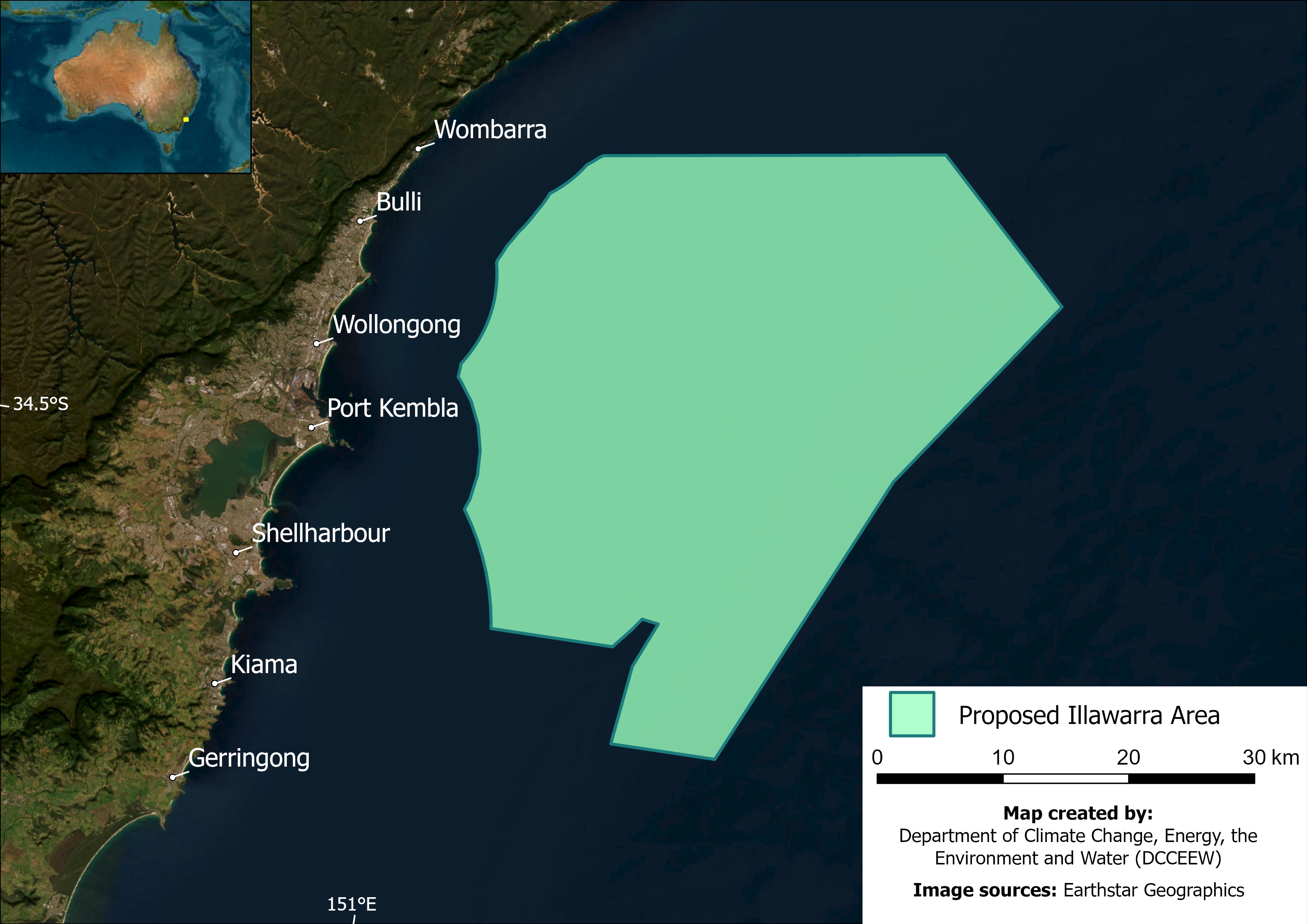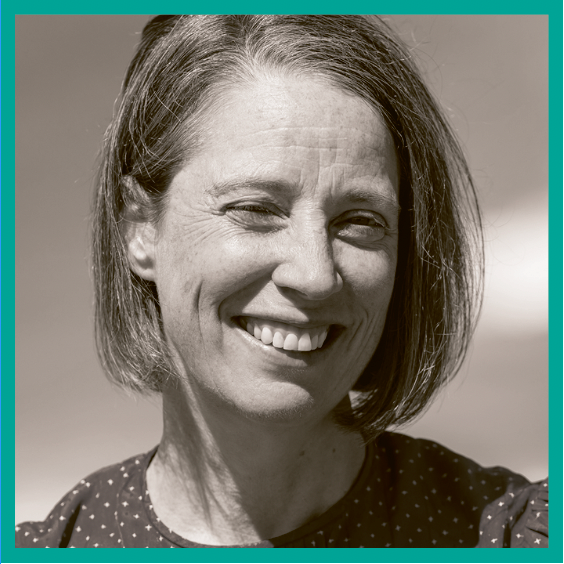Meet the Tomorrow Movement's 'wind farm boy'
Two days before more than 1000 people attended an anti-turbines rally at Flagstaff Hill, a small group from the Tomorrow Movement invited local media to an event at the same location. “We’re a group of young people, we’re really concerned about climate change,” said Luke Gelder, a 22-year-old Unive

Two days before more than 1000 people attended an anti-turbines rally at Flagstaff Hill, a small group from the Tomorrow Movement invited local media to an event at the same location.
“We’re a group of young people, we’re really concerned about climate change,” said Luke Gelder, a 22-year-old University of Wollongong graduate who took time off his job as a law clerk to attend.
“We’ve accepted that science and we recognise how dire the situation truly is and how little time we actually have left.”
The group’s October 27 media call aimed to send out a rival message in the wind farm debate. The Tomorrow Movement – a grassroots project of the national charity Young Campaigns – is calling on people to send supportive submissions to the government before the offshore wind zone consultation closes November 15.
“This renewable technology and development opportunity is something that could be very beneficial for us in that fight against climate change,” Luke said, “because, well, it’s getting dire.”
“We’re talking biodiversity loss on a scale that’s similar to other extinction-level events.”
Luke grew up in Thirroul, went to Bulli High School and started a Bachelor of Law in 2020, enjoying three weeks of in-person classes before Covid hit. Like many young people, he’s worried about the wide-ranging fallout from a changing climate and, in between finishing his law degree, Luke has spent much of the past three months campaigning for renewables.
“I’ve become a little bit of 'the wind farm boy', if you will,” he said.
“I actually joined Tomorrow Movement through another organisation, which is very similar, the Australian Youth Climate Coalition. Both are youth-based climate groups, just people very concerned about climate change who want to help the change that we need to happen.”
He chanced on the Tomorrow Movement’s table at a uni clubs day. “I was, I think, personally a little daunted by the task – you know, activism – and not sure what I could even bring to the table. And then the wind farms came up.”
Luke immediately knew his legal training would come in handy. “I thought, ‘I can get through the extensive reports and documentation that’ll arise.’
"I feel like I can understand a few things that are going on – without falling into traps, basically.”
Fake and misleading news has been a feature of the Illawarra's consultation period. “I remember seeing, in the early days of the Anti Wind Farm flyers going around, The New York Post had an ex CEO of Greenpeace saying, wind farms are killing whales."
Greenpeace – which has issued a statement saying its former leader "exploits long-gone ties" – has also recently published an article to clarify that offshore wind farms are not killing whales.
"It’s scary to see how people are very taken in by the media that supports their views,” Luke said.
As someone who trusts peer-reviewed articles, Luke was concerned to learn that two local academics, Associate Professor Michelle Voyer and Professor Quentin Hanich, had exposed a fake University of Tasmania study about dead whales and offshore wind. Quentin – who lectured Luke in marine resources law – recently told ABC radio he has seen no evidence linking whale deaths and wind farms, drawing attention to the ‘sowing doubt’ technique used by both the tobacco and fossil fuel industries in information wars.
Luke has seen many disturbing things on Facebook, including someone posting about using ChatGPT for submissions, images of windmills billowing black smoke and alarming statistics on turbine breakdowns (which, on checking, he found to be false).
However, he mostly uses Instagram, describing Facebook as a home for keyboard warriors and “simply a rabbit hole that would drain me to no end”.
“I think a lot of young people will recognise that you don’t trust everything that you read on social media,” he said.
Luke subscribes to US service Ground News, which tracks media bias, and for accessible, peer-reviewed sources he goes to UOW’s Blue Energy Futures Lab. “It’s really good.”
Luke went to uni wanting to study criminal law, but switched to marine resources law, which opened his eyes to how law and the environment could work together. “I ended up doing an internship with the Environmental Defenders Office in Sydney, who deal with climate change litigation. They’ve also dealt with litigation in regards to seismic testing and all those sort of things with whale impacts, in the Northern Territory with the Beetaloo basin and the pipelines and the offshore rigs and stuff going on there.”
Those developments are far worse for whales, Luke said. He did initially worry about wind farms being in the migration route but was reassured after researching the subject.
“Seeing that the environmental impact seems to be minimal to beneficial in some regards – it might be creating a bit of a manufactured biodiversity spot for some types of fish, potentially – I was like, okay, well, I’m sold on that front.
“Climate change is the real big issue here. It’s coming for all manner of creatures and then it’s going to impact human society on a level that is absolutely extreme – it’s a very, very dire situation.”
Already, Luke said, the Intergovernmental Panel on Climate Change says the world has reached 1.1°C of warming. “We want to be staying under 1.5. So we need to transition away from fossil fuels. Renewable technology is the way to go there.”
He likes the idea of Wollongong being powered by “clean renewable jobs” and helping BlueScope decarbonise to make green steel.
He even looks forward to seeing wind farms off Wollongong.
“They’re white sticks on the horizon, some of which spin a bit. If anything, they’re almost a symbol of progress, in that Australia’s doing something on the climate front.
“I don’t mind them being in my backyard.”

Have your say
The Department of Climate Change, Energy, the Environment and Water is calling for feedback on the Illawarra offshore area proposed for future renewable energy projects, covering 1461sq/km of ocean between 10km and 30km offshore, from Wombarra to Kiama. Click here to have your say by November 15.
Questions welcome
Do you have a question? Please submit via the Flame’s Get In Touch page.
Find our Ask An Expert series in the Road to Renewables section.





